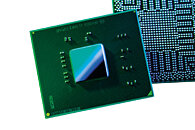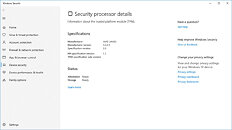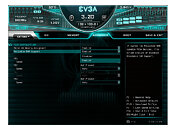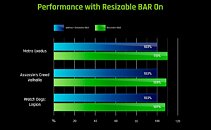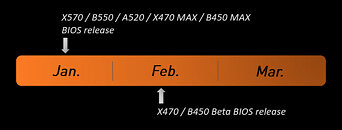
GIGABYTE PerfDrive Brings You More Handy Way to Unleash 13th Gen Core CPU on Intel 700 Platform
GIGABYTE TECHNOLOGY Co. Ltd, a leading manufacturer of motherboards, graphics cards, and hardware solutions today revealed the new PerfDrive technology on the Intel 700 series platform, which Integrates multiple GIGABYTE exclusive BIOS settings to allow users easily balance between different levels of performance, power consumption, and temperature according to their needs when using 13th gen Intel Core processors including i9-13900K CPU. In addition to the former released Instant 6 GHz, GIGABYTE PerfDrive technology also integrates newly developed BIOS settings of Optimization and Spec Enhance. Collaborating with the existing GCC software platform and GIGABYTE Ultra Durable design, GIGABYTE brings the most powerful 700 series platform with perfectly tuned motherboards in hardware, software, and firmware.
Enhanced by the supreme hardware design of power management, thermal, and stability, GIGABYTE Z790 motherboards not only smash the all-core overclocking world record on Cinebench R23 but also creates remarkable DDR overclocking performance of DDR5 9300. Now GIGABYTE PerfDrive technology makes it easy and attainable for users to enjoy the optimal performance of the Z790 platform, and benefit from the easy-tuning for 13th gen K-SKU Core CPUs on the B760 platform. Based on optimized HW design with multiple GIGABYTE unique BIOS setting, PerfDrive technology satisfy various users' needs with its intuitive graphical interface in the GIGABYTE UEFI BIOS.
Enhanced by the supreme hardware design of power management, thermal, and stability, GIGABYTE Z790 motherboards not only smash the all-core overclocking world record on Cinebench R23 but also creates remarkable DDR overclocking performance of DDR5 9300. Now GIGABYTE PerfDrive technology makes it easy and attainable for users to enjoy the optimal performance of the Z790 platform, and benefit from the easy-tuning for 13th gen K-SKU Core CPUs on the B760 platform. Based on optimized HW design with multiple GIGABYTE unique BIOS setting, PerfDrive technology satisfy various users' needs with its intuitive graphical interface in the GIGABYTE UEFI BIOS.



































